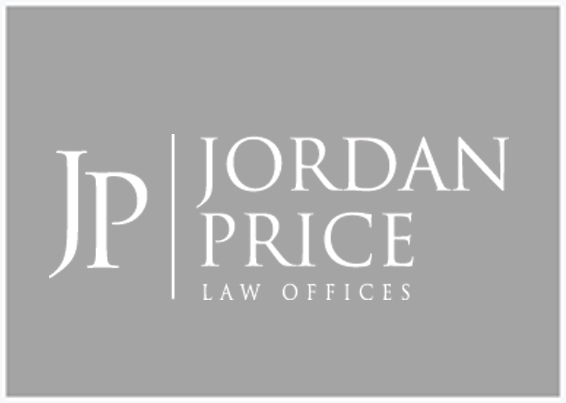Commonly, in North Carolina, individuals live and own homes in planned communities. These planned communities are often condominium associations, townhome associations, or homeowner associations. It is important to know that all these types of communities are commonly governed by a declaration of restrictive covenants, or other similar recorded legal documents which create covenants within the community. Covenants can include things like landscaping standards, rental restrictions, and provisions for assessments. These covenants pass with title to each property sold in your association and acts as a restriction on the title of each parcel. As a restriction on title, the Marketable Title Act governs how long such restrictions may remain in place.
Frequently, questions arise as to how the Marketable Title Act affects these communities. Specifically, communities in North Carolina want to know how the Marketable Title Act affects their communities’ restrictive covenants and if those restrictive covenants might expire. At first glance, the Marketable Title Act seems to extinguish restrictive covenants after 30 years. However, such an interpretation would be detrimental to thousands of planned communities across North Carolina, as their restrictive covenants would suddenly expire after 30 years, leaving owners without the protections afforded to their property by virtue of inclusion in a planned community.
Thankfully, several years ago, our firm saw that the Marketable Title Act, as it was previously written, could have detrimental effects on planned communities, and in order to protect and defend communities across the state, our firm lobbied the North Carolina General Assembly for important changes to the Marketable Title Act which directly benefits planned communities.
Most notable of these changes are two exceptions in Chapter 47B which protect provisions relating to the uniform development and residential use of communities, as well as other provisions in any declaration of covenants for a condominium association (formed under N.C.G.S. 47A or 47C) or planned community (formed under or applicable to N.C.G.S. 47F), so long as those entities allow residential use and have been governed by an owners association which was formed on or before July 1, 2022. As originally written in 1973, the Marketable Title Act provided 13 exceptions to the applicability of the Act, with the 13th restriction being covenants which restrict communities to residential use and provide a uniform scheme of development. This exception was limited in scope and allowed only for the preservation of covenants related to residential use. Approximately 49 years later, in 2022, the Marketable Title Act was amended to include a 14th exception, which clarifies and broadens the scope of covenants that will not be extinguished under the Marketable Title Act. With the addition of this 14th exception to the Marketable Title Act, communities across North Carolina have been afforded much greater protection for their covenants, as a much wider variety of covenants are now exempt from the time constraints of the Marketable Title Act.
So long as a community meets the requirements of these exceptions, its restrictive covenants may remain intact beyond the 30-year limit imposed by the Marketable Title Act. Of course, there are additional reasons that a community’s restrictive covenants may expire. Commonly, a community’s recorded declaration will contain a provision relating to the expiration of the covenants. Typically, this language will indicate that expiration will occur after a certain number of years (typically 20 to 30), unless the members of the association vote to renew the covenants. Such language should be carefully reviewed, and action should be taken to properly renew the covenants well in advance of their expiration. It is possible that these terms in the restrictive covenants may be amended to include that the covenants will be automatically renewed.
Lastly, another question that commonly arises when discussing the expiration of a community’s covenants is the consequences of the expiration of a community’s covenants. Expiration of a community’s covenants can mean that the covenants are no longer enforceable. In such instances, the community association’s board of directors may be unable to properly enforce the rules and restrictions previously in place in the community. There are steps that can be taken to reinstate the community’s covenants, but it is advisable to avoid the additional cost and uncertainty of these measures by proactively renewing your community’s covenants prior to their expiration.
